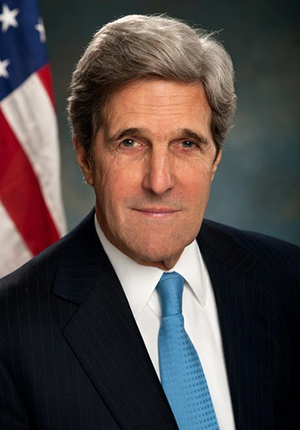Summary
Zivotofsky v. Kerry involved the politically contentious question of which country is sovereign over the city of Jerusalem. Congress, expressing its support for Israel’s claim, enacted a law that instructed the State Department to designate the place of birth on a passport as “Jerusalem, Israel,” at the request of the parents of an American citizen born in Jerusalem. Both President George W. Bush and President Barack Obama argued that this statute unconstitutionally interfered with the President’s foreign affairs powers. The following suite of opinions reflects very different conceptions of “executive power” and the Constitution’s allocation of powers over foreign affairs.







